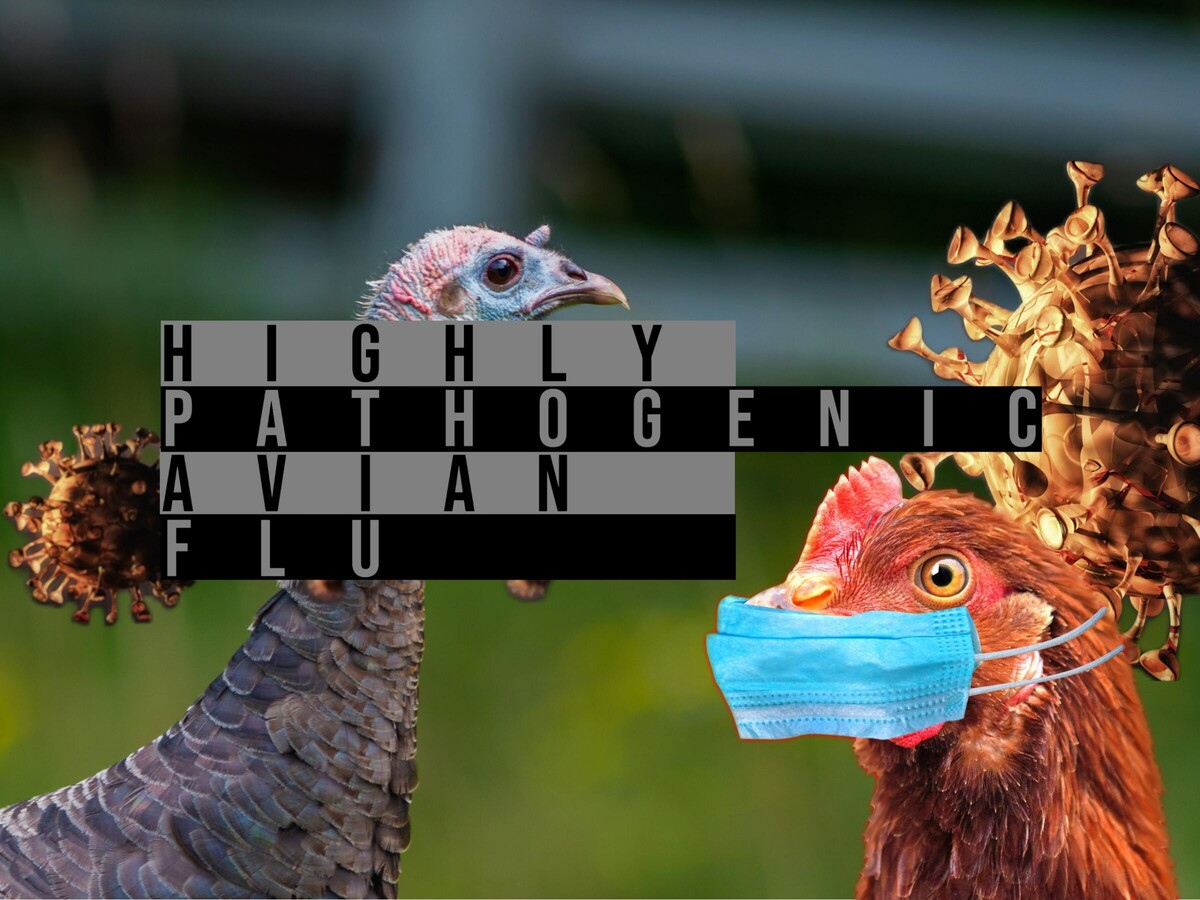Image


The United States Department of Agriculture’s (USDA) Animal and Plant Health Inspection Service (APHIS) and the New Jersey Department of Agriculture (NJDA) confirmed New Jersey’s second Highly Pathogenic Avian Influenza (HPAI) case in 2022 in a Warren County non-commercial backyard flock (non-poultry).
The disease response is being coordinated between state and federal partners.
The test samples were collected from ducks in Warren County and were tested at the New Jersey Animal Health Diagnostic Laboratory. The duck flock had experienced high mortality, and some displayed neurologic signs before succumbing to the disease.
Congruent testing was completed at the National Veterinary Services Laboratory, which confirmed the detection of the disease on October 13, 2022.
The virus is believed to have spread through wild birds, which were found deceased on the property and tested positive for HPAI.
State and federal personnel are following a response plan, including implementing site quarantine, biosecurity measures, and depopulation of poultry on the premises.
NJDA says outreach to poultry owners, live bird markets, and the general public has been completed to provide recommendations on poultry management and measures to ensure the maintenance of a healthy flock.
HPAI is highly contagious and often fatal in domestic poultry species.
According to the U.S. Centers for Disease Control and Prevention, the recent HPAI detections in birds do not present an immediate public health concern.
As a reminder, poultry and eggs’ proper handling and cooking to an internal temperature of 165 ˚F kill bacteria and viruses.
Signs of HPAI in poultry can include:
HPAI spreads through contact with bodily secretions, including feces, and ocular, nasal, or oral secretions from infected birds.
The virus can spread on vehicles, equipment, shoes, etc. Practicing good biosecurity can help prevent the spread of HPAI onto a farm.
Those biosecurity practices include:
HPAI is a reportable disease. Any individual who shall gain knowledge or suspect the existence of the disease shall notify this office without delay.
Deceased birds suspected of having Avian Influenza should be double-bagged and stored appropriately for testing. Do not expose dead poultry to the environment, other poultry, or wildlife/wild birds. Wash your hands after handling sick or dead birds.
If you suspect HPAI, please alert the New Jersey Department of Agriculture, Division of Animal Health at 609-671-6400.
Morristown Minute has been approved for the 2022 Local News Fund!*
Our reporters will be dedicating time and resources to investigating the roadblocks to mental health accessibility in our town.
Donate to Morristown, NJs local mental health accessibility fund today!
 Scan or click to donate!
Scan or click to donate!*The 2022 Local News Fund is a program administered by the Local Media Foundation, a 501(c)(3) organization affiliated with the Local Media Association. The program’s purpose is to allow independent and family-owned news organizations to solicit tax-deductible donations from their communities for journalism projects focusing on critical local issues. Contributions to this program are tax-deductible to the full extent of U.S. law; please consult a tax advisor for details.